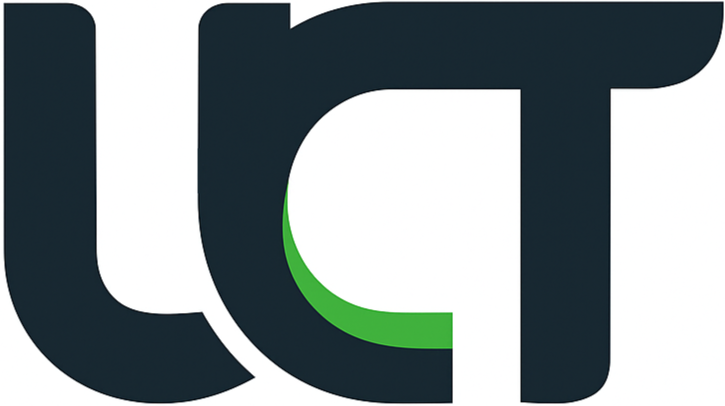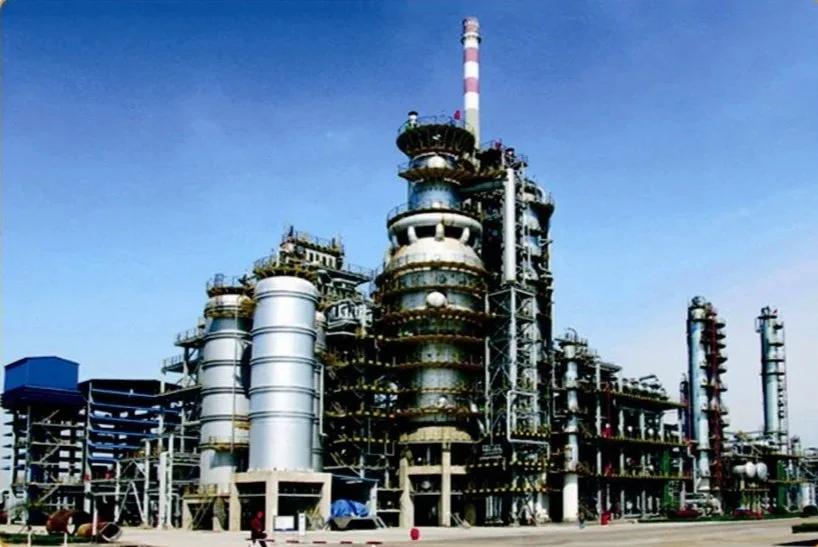Our Innovation
Cold Regenerated catalyst Cycle (CRC)
CRC technology introduces a groundbreaking reaction pathway within the FCC reactor, successfully solving a core technical challenge that has hindered the industry for over five decades. It is the first technology in the world to enable independent and real-time control of the catalyst-to-oil ratio—marking a major milestone in FCC process optimization.
UniCleanTech specializes in advanced energy-saving and carbon-reduction technologies for the petrochemical industry. Our flagship Cold Regenerated Catalyst Cycle (CRC) process is the world’s only solution that holistically optimizes FCC systems, reducing energy and material consumption while delivering both economic and environmental gains. Its value has been proven in 22 full-scale applications and certified by third-party evaluations.
CRC is protected by seven Chinese invention patents, two U.S. patents, and two European patents. In China, it has earned high praise from academicians of the Chinese Academy of Engineering and won the National Science and Technology Progress Award (Second Class), one of the country’s highest honors.
CRC stands as the world's only holistic optimization solution for the reaction-regeneration systems of FCC units. It is broadly applicable and has demonstrated significant improvements compared to that of leading competitors in the current market.
CRC Key Performance Improvements
Increase in light product yields
by 2.0 percentage points
Energy savings of 23.2%
Increase in profit of
USD 26 per ton of feedstock
Reduction in CO₂ emissions
by 25.6%
Methanol to Olefin (MTO)
UniCleanTech’s Pre-Hydrocarbon-Pooling Methanol-to-Olefin (PHP-MTO) technology introduces a first-of-its-kind Pre-Hydrocarbon Pooling process, designed to fundamentally enhance the methanol-to-olefins (MTO) process. By pre-treating regenerated catalysts to create and optimally distribute hydrocarbon-pool active species within the reactor bed, PHP enables superior catalytic activity, selectivity, and temperature uniformity.
Pilot tests have demonstrated a breakthrough 5.5 percentage point increase in ethylene and propylene selectivity compared to leading international benchmarks, resulting in a 6% reduction in methanol consumption. When integrated with high-selectivity catalysts and CRC technology, PHP mitigates regenerator overheating, reduces dry gas and coke production, and delivers energy-efficient olefin production.
With over 10 patents filed globally and a potential 15 Mt/year CO₂ emission reduction at 50% market adoption, PHP-MTO represents a disruptive advancement for operators seeking higher conversion efficiency and cleaner olefin production.






